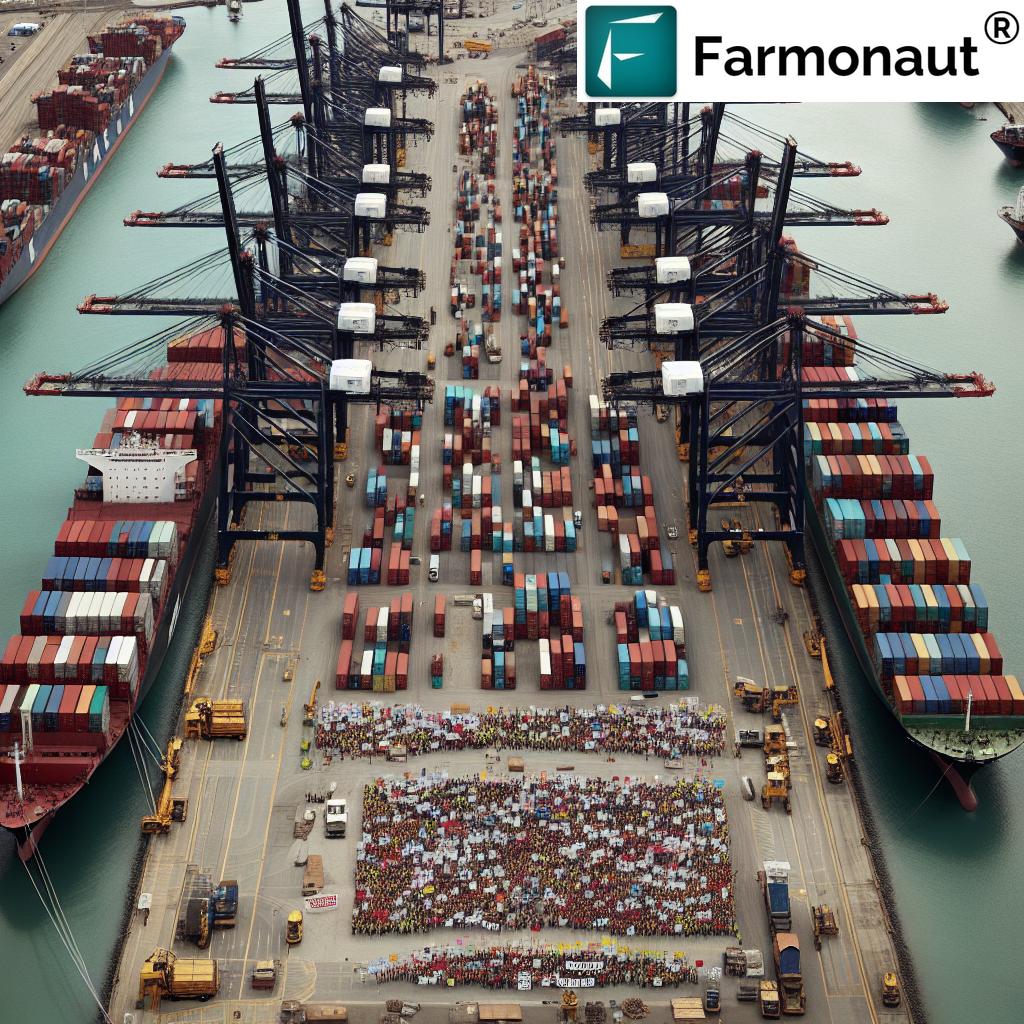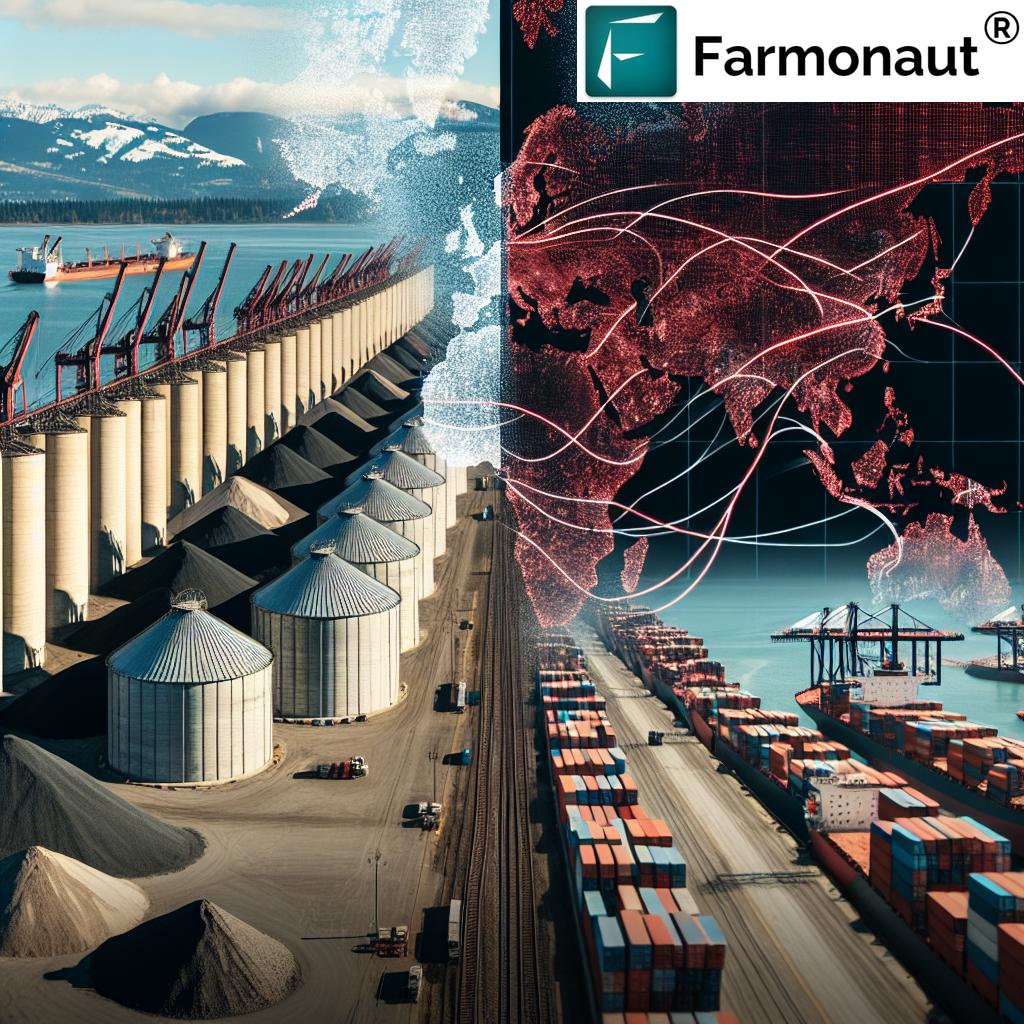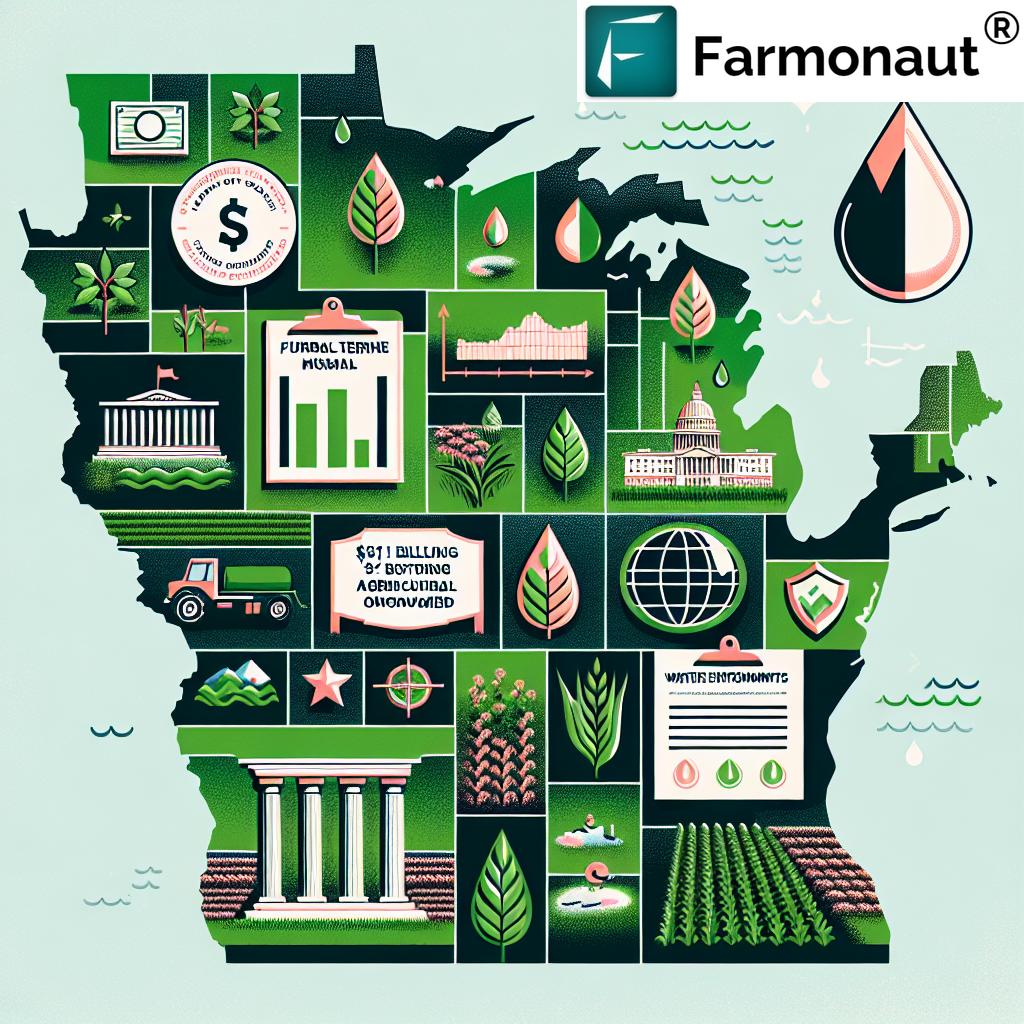Urgent: Port of Vancouver Strike Threatens Massive Trade Disruption – Canadian Exports in Jeopardy

In a critical turn of events, the Port of Vancouver strike has brought Canada’s busiest port to a standstill, threatening billions of dollars in trade and putting Canadian commodity exports at risk. The Vancouver port labour dispute has escalated rapidly, causing widespread concern among businesses, traders, and government officials alike.
The Unfolding Crisis: ILWU Local 514 Strike and BCMEA Lockout
The crisis began when the International Longshore and Warehouse Union (ILWU) Local 514 initiated strike action at 11 am ET on November 4, following through on a 72-hour notice issued to the BC Maritime Employers Association (BCMEA) on November 1. This move by the union, representing 730 ship and dock foremen, was initially limited to an overtime ban.
However, the situation quickly escalated when the BCMEA responded with a Vancouver port lockout just hours after the union’s action. This lockout has effectively halted operations at the port, leading to a Canadian trade disruption of unprecedented scale.
Impact on Canadian Exports and International Trade
The Vancouver port strike impact is far-reaching, affecting a wide range of industries and commodities. The Port of Vancouver is a crucial gateway for Canadian bulk cargo exports, including:
- Lumber and wood products
- Grains and agricultural products
- Coal and minerals
- Potash and fertilizers
- Petroleum and chemical products
These commodities account for approximately two-thirds of the port’s total movements, underscoring the severity of the Canadian exports disruption. The halt in operations is not only affecting outbound shipments but also inbound consumer goods and Asian-manufactured automobiles, potentially leading to shortages and price increases in the domestic market.

The Root of the Conflict: 19 Months of Negotiations
The current Port of Vancouver labour dispute is the culmination of 19 months of tense negotiations between the ILWU Local 514 and the BCMEA. The two parties have been at odds since the expiration of their collective agreement in March 2023. Despite interventions by the Canada Industrial Relations Board (CIRB) and the Federal Mediation and Conciliation Service (FMCS), a resolution remains elusive.
Frank Morena, president of ILWU Local 514, claims that the BCMEA’s latest offer demands “huge concessions” from the union. On the other hand, the BCMEA refutes this assertion, stating that their offer not only matches what ILWU Longshore workers received last year but includes additional concessions.
Economic Implications of the Vancouver Port Operations Crisis
The ongoing Vancouver port operations crisis threatens to have severe economic repercussions. A previous 13-day strike by ILWU longshore workers in July 2023 disrupted C$10 billion ($7.3 billion) worth of goods and commodities. The current situation, if prolonged, could potentially surpass these figures, leading to a significant Canadian commodity trade halt.
Industries relying heavily on Canadian port operations are bracing for substantial losses. The agricultural sector, in particular, faces the risk of spoilage for perishable goods stuck at the port. Moreover, the disruption in the supply chain could lead to international shipping delays, affecting global trade partners and potentially damaging Canada’s reputation as a reliable exporter.
Exceptions and Continuity Amidst the Chaos
Despite the widespread disruption, some operations at the Port of Vancouver remain unaffected:
- Grain and cruise operations are not part of the current lockout
- The Westshore coal terminal is expected to continue operations
- The Trans Mountain-operated Westridge Marine Terminal, responsible for crude oil exports, should not be directly affected as its employees are not unionized
These exceptions provide a small silver lining, ensuring that at least some critical operations continue amidst the larger crisis.
The Road Ahead: Seeking Resolution and Mitigating Impact
As the ILWU Local 514 strike and BC Maritime Employers Association lockout continue, stakeholders are urgently calling for a swift resolution. The Canadian government may need to intervene to facilitate negotiations and prevent further economic damage.
In the meantime, businesses and exporters are scrambling to find alternative routes and solutions to mitigate the impact of the port closure. Some are exploring options such as rerouting shipments through other Canadian ports or even U.S. ports, although these alternatives come with additional costs and logistical challenges.
Conclusion: A Critical Juncture for Canadian Trade
The Port of Vancouver strike represents a critical juncture for Canadian trade and the nation’s economy as a whole. The ongoing dispute highlights the delicate balance between labour rights and economic stability, especially in crucial sectors like port operations.
As negotiations continue, all eyes are on Vancouver, hoping for a swift resolution that addresses the concerns of both the union workers and the maritime employers. The outcome of this dispute will not only shape the future of port operations in Canada but also have far-reaching implications for the country’s position in global trade.
Stay tuned for updates on this developing situation, as the resolution of the Vancouver port labour dispute will be crucial in determining the short-term and long-term impacts on Canadian exports and the broader economy.
For real-time updates and analysis on how this trade disruption might affect agricultural exports and global food supply chains, consider using Farmonaut’s advanced satellite and weather API. Access our API here for comprehensive data and insights.
To stay informed about how this port strike might impact agricultural shipments and commodity prices, download the Farmonaut app:
For more detailed information on how our satellite and weather data can help you navigate trade disruptions and market fluctuations, check out our API Developer Docs.
















